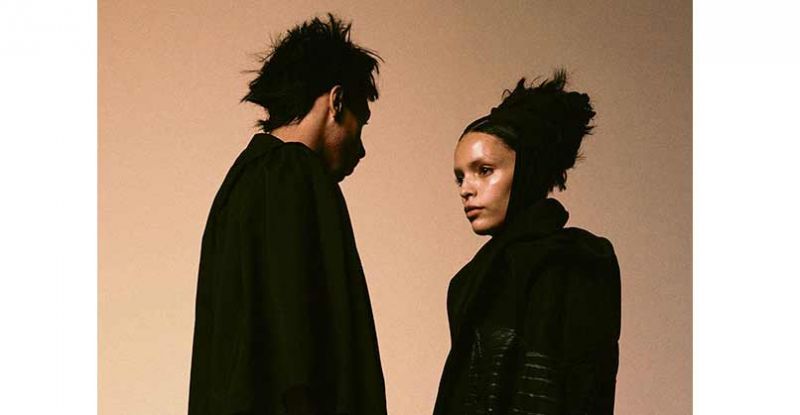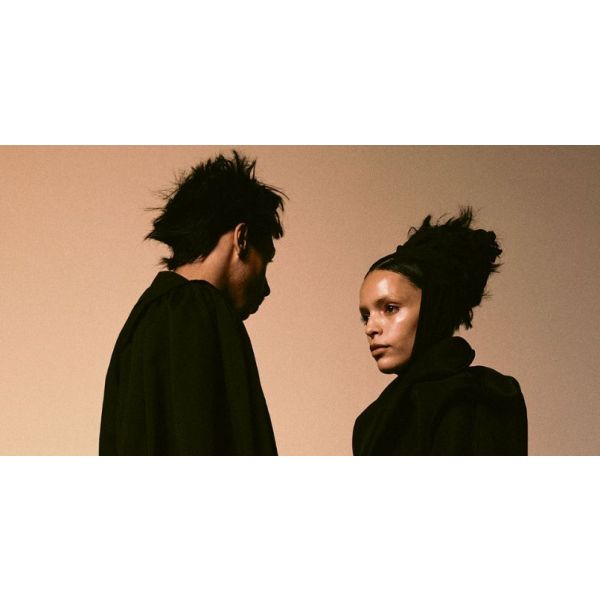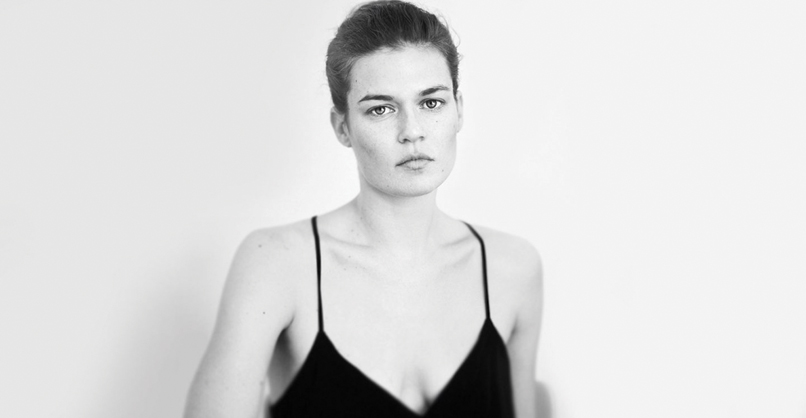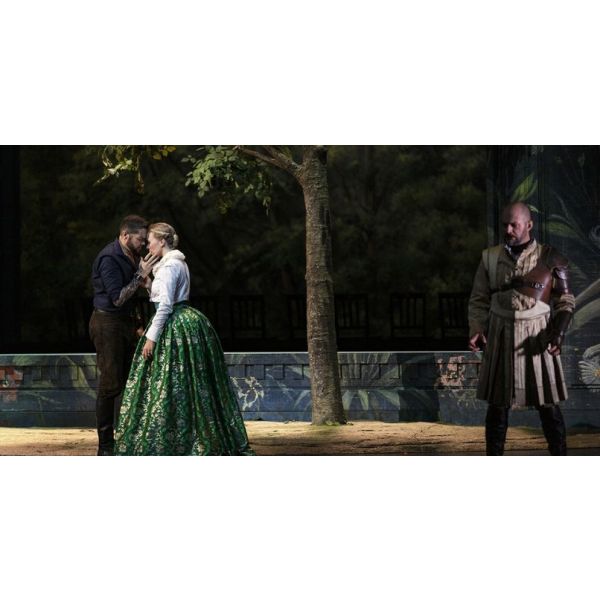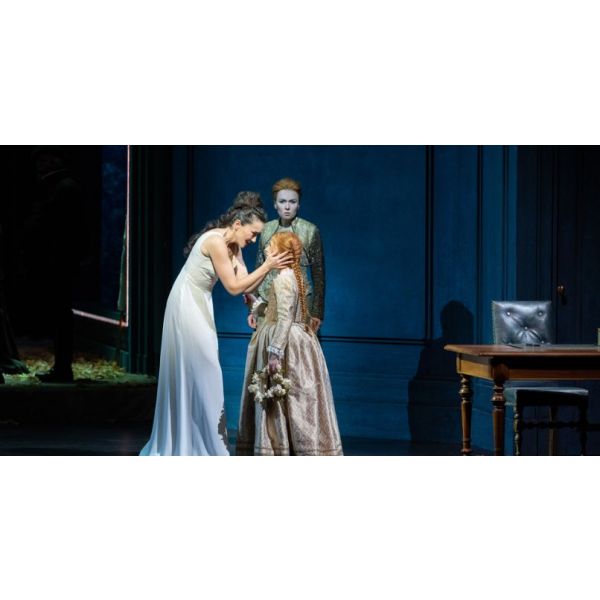In the 17th century, Geneva was not an operatic city: opera was banned three times and a suspect fire burnt the building down. But defending the cause in the 18th century were a few daring souls determined to present operas; and it took some time for the art of opera with its lavish style to win favour with the Calvinist population of Geneva. It was finally Voltaire, who owned the château de Ferney, who set up his own theatre in 1759 and organised wonderful performances. And so, in the region of Geneva, people gradually began to talk about opera. "The city of Calvin became the city of pleasure and tolerance", Voltaire could proudly claim.
In 1783 the Théâtre de Neuve was built and provided entertainment for the French forces who occupied the country at the time. The theatre later presented performances by touring opera troupes, such as the opera company from Zurich which performed TANNHÂUSER in 1852. It was finally decided that the theatre was too small and so it was replaced by the present "Grand Théâtre", designed in a style inspired by the Palais Gamier in Paris and which, after many changes to the initial project and aided by a welcome bequest from the Duke of Brunswick, was inaugurated in 1879.
In the late 19th century, Geneva's Grand Théâtre presented stage plays and fine musical seasons with eighteen operas and sixteen operettas. Highlights include the première of Massenet's WERTHER (previously performed in German in Vienna but, at the time, quite unknown to French-speaking audiences) and the debut of the singing career of the great Felia Litvinne.
During the First World War, Ernest Ansermet conducted in Geneva and extended an invitation to Igor Stravinsky and the Ballets Russes. Famous singers, conductors and soloists soon made regular appearances and there were many memorable performances, for example, the series of Mozart concerts conducted by Karl Böhm. Many future celebrities made some of their first professional appearances here, names such as Georg Solti (in 1942).
The early golden age of the Grand Théâtre came to a sudden halt in 1951 when fire destroyed the main hall. Performances were then held in the Grand Casino until the theatre opened its doors again in 1962.
This setback did not prove to be a fatal blow to opera in Geneva. In fact the Grand Théâtre made a spectacular comeback. Many astute directors have headed the establishment and each left his mark on the establishment, inviting and re-inviting some of the greatest opera singers and most original stage directors.






